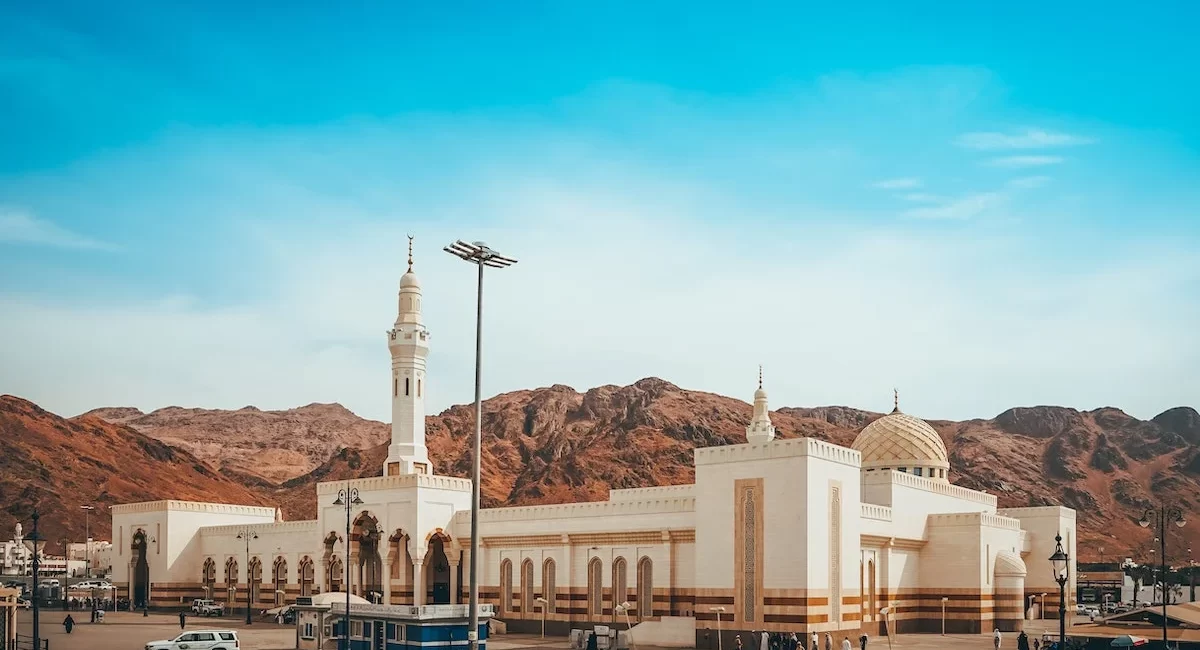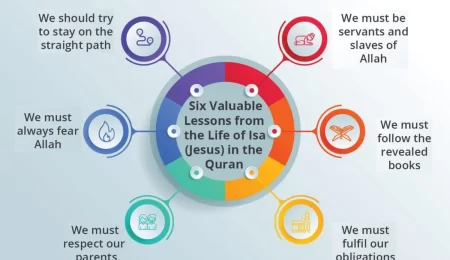The Enduring Word: Exploring the Preservation of the Quran
Quran Preservation: As a scholar of religion and history, I am frequently fascinated by the Quran, the central text of Islam. One of its most remarkable aspects is its remarkable preservation over centuries. While claims of absolute perfection are debated, the Quran undoubtedly stands as one of the most meticulously preserved religious texts in existence. Let’s delve into the reasons behind this phenomenon.
The Significance of Preservation
The concept of preservation (hifz) holds immense importance in Islam. Muslims believe the Quran is the literal word of God revealed to Prophet Muhammad (PBUH) through the Angel Gabriel. Preserving its authenticity ensures the faithful have access to the divine message in its purest form.
The Intertwined Threads: Oral Tradition and Written Transmission
The preservation of the Quran is a unique story of interwoven oral and written traditions:
- Oral Transmission (Ḥifdh): From the very beginning, memorization (ḥifdh) played a central role. Companions of the Prophet (PBUH) meticulously memorized the Quran and transmitted it orally to subsequent generations. This emphasis on memorization continues to hold immense importance in Islamic practice.
- Written Transmission: While memorization was paramount, the Quran was also written down during the lifetime of the Prophet (PBUH). Companions meticulously recorded the revelations on various materials like parchment and animal skins.
The Standardization Process:
During the caliphate of Uthman ibn Affan (d. 656 CE), concerns arose about potential variations in the written Quran. To ensure uniformity, a standardized version was established based on the recitations of specific companions known for their accuracy. While minor variations in pronunciation or recitation styles exist (known as qira’at), the core message remains consistent.
The Role of Islamic Scholarship:
Throughout Islamic history, meticulous scholarship has played a crucial role in safeguarding the Quran:
- Isnad: The meticulous chain of transmission (isnad) documented the path by which the Quran reached each scholar, ensuring authenticity.
- Science of Qur’anic Readings (Qira’at): Scholars dedicated themselves to studying and documenting the different permitted recitation styles (qira’at) of the Quran.
Divine Protection (Ḥifẓ):
The concept of divine protection (ḥifẓ) is central to the Islamic understanding of the Quran’s preservation. Muslims believe God Himself has guaranteed the Quran’s protection from corruption or alteration.
Modern Considerations and Debates
While the Quran’s overall preservation is widely acknowledged, some scholars debate the existence of minor variations:
- Linguistic Nuances: Early written copies might have contained slight variations in spelling or word order, reflecting the natural evolution of language.
- Historical Context: Understanding the historical context of early Islamic scholarship is crucial for interpreting these minor variations.
Conclusion
The Quran’s preservation is a testament to the deep reverence Muslims hold for their sacred text. The intertwined threads of oral memorization, meticulous written transmission, and dedicated scholarship safeguarded the message across centuries. While debates exist regarding minute variations, the core message of the Quran remains remarkably preserved, offering a foundation for Islamic faith and practice.
Note: This small piece acknowledges the concept of divine protection (ḥifẓ) within the Islamic tradition. References discussing the historical process of Quranic preservation can be found in scholarly works on Islamic history and Quranic studies.




Leave a Comment